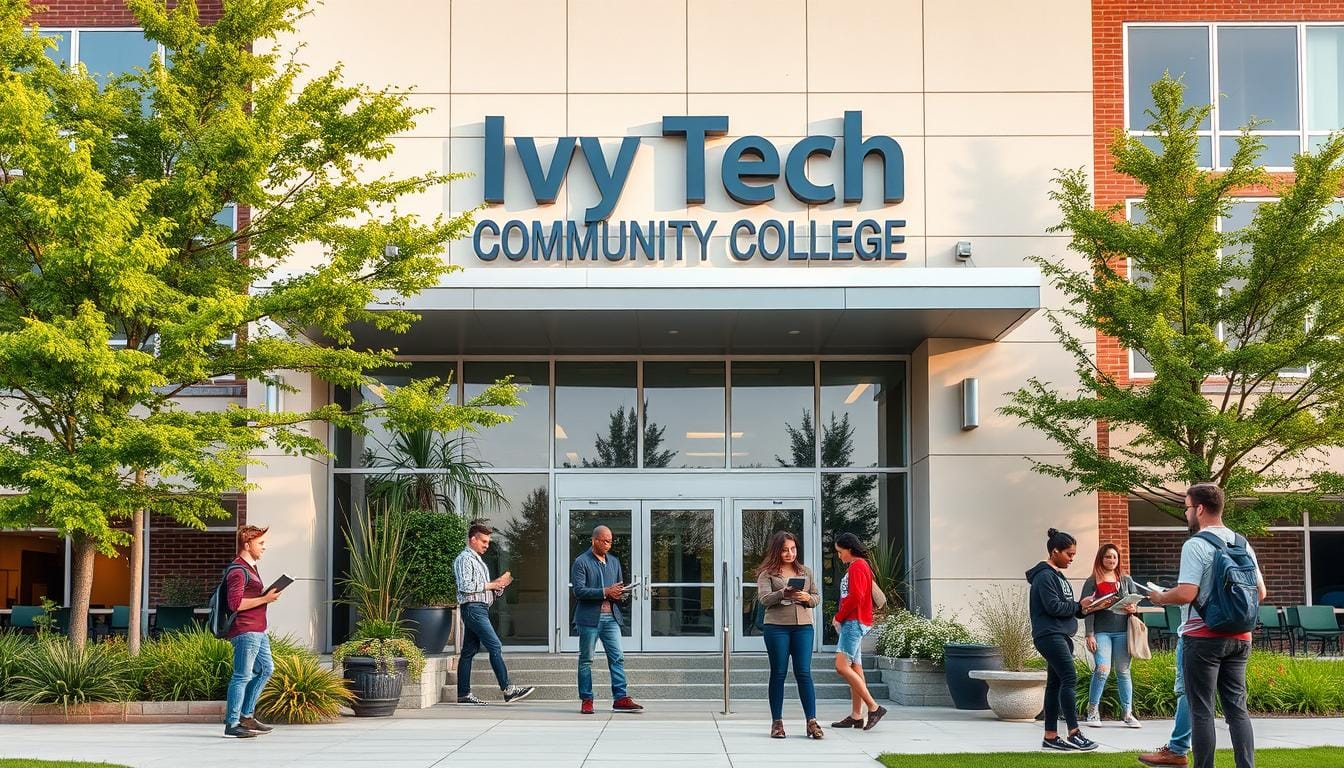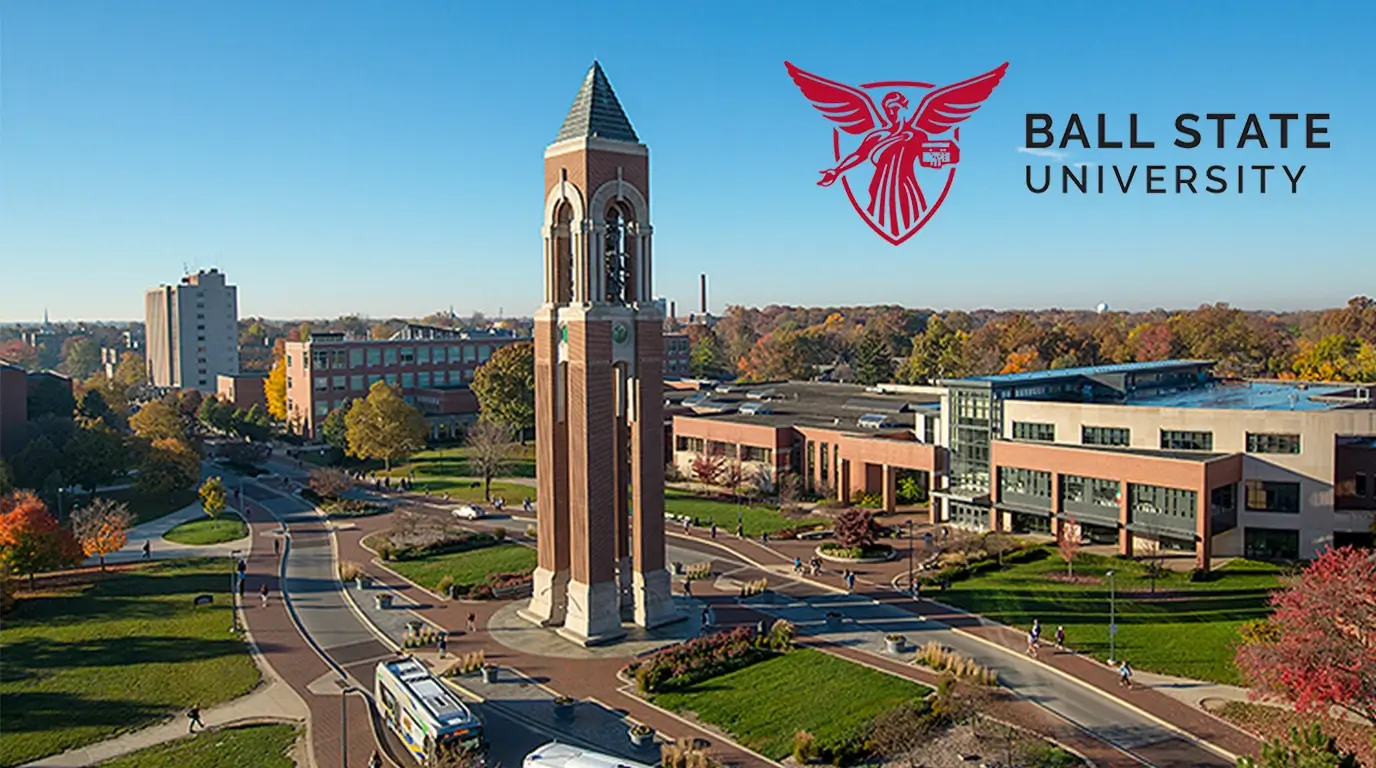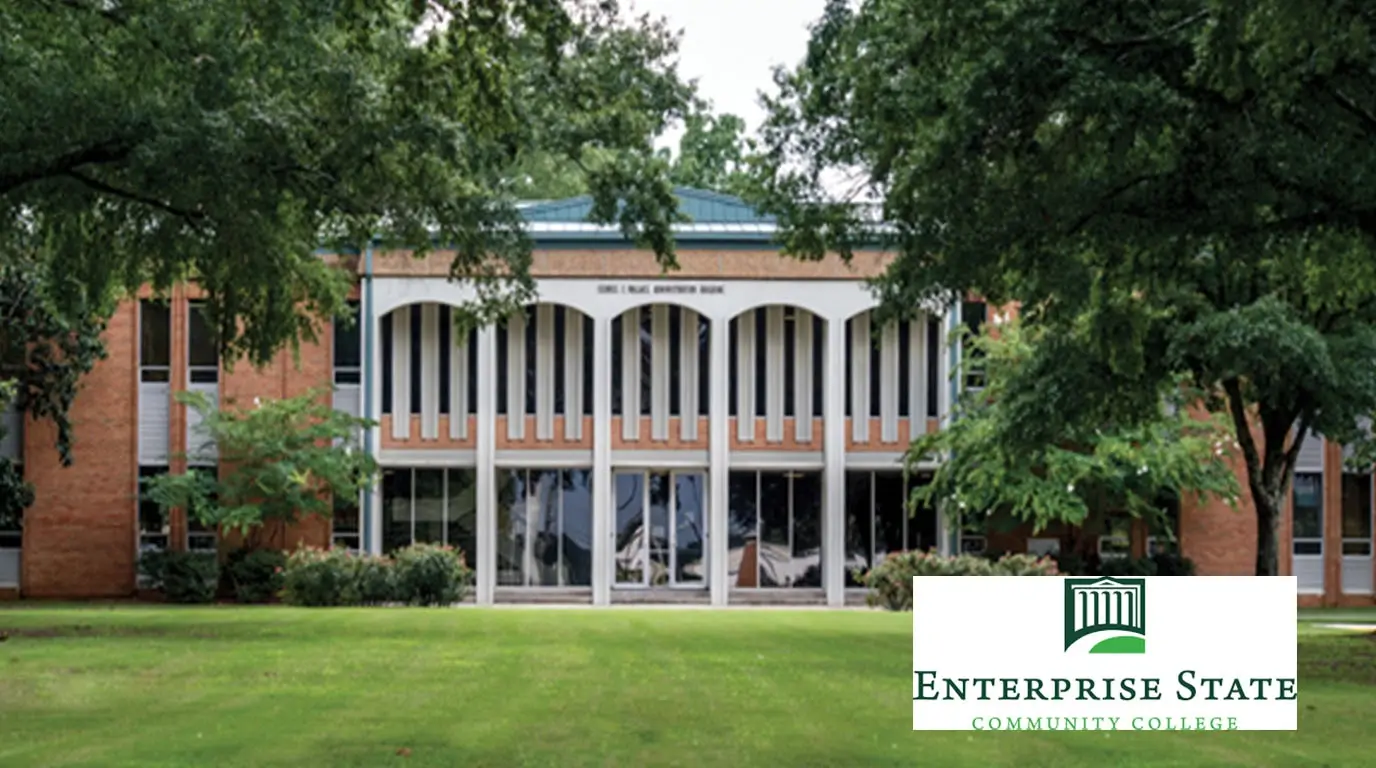Becoming a Paralegal in Georgia – Your State-Specific Guide
Hey there! Have you ever wondered if you could dive into the legal world in Georgia without spending years in law school? Well, here’s a stat to chew on: according to the Bureau of Labor Statistics, Georgia employed over 12,000 paralegals in 2023, and the demand keeps growing. Becoming a paralegal in Georgia might just be your ticket to a rewarding career in law—without the hefty time and tuition costs of becoming an attorney. I’ve spent years working with legal professionals and guiding folks like you into this field, and I’m here to walk you through what it takes, step by step, with a focus on the Peach State’s unique landscape.
Paralegals are the backbone of law offices, assisting attorneys with research, drafting documents, and keeping cases on track. In Georgia, with its bustling legal hubs like Atlanta and a thriving corporate scene, paralegals play a critical role. Whether you’re eyeing law firm jobs in Georgia or curious about the average paralegal salary in Georgia, this guide is your state-specific roadmap. Let’s break it down together.
Paralegal Definition and Regulation in Georgia
So, what exactly is a paralegal in Georgia? Let’s start with the basics. Georgia doesn’t have a strict legal definition carved into its statutes for “paralegal” or “legal assistant.” Instead, the state views paralegals as paraprofessionals who work under the supervision of licensed attorneys. Think of it like this: you’re the right-hand person to the lawyer, handling substantive legal tasks, but you’re not calling the shots solo. The State Bar of Georgia refers to them as “non-lawyer assistants” in its Rule 5.3, which outlines how attorneys are responsible for your work and conduct.
Now, about regulations—don’t expect a big rulebook just for paralegals here. Georgia doesn’t require licensing or mandatory certification to work as a paralegal. You won’t find a state-specific exam or a government-issued badge. That said, there’s a catch: you cannot practice law independently. The Official Code of Georgia (O.C.G.A. §15-19-51) makes it clear that only licensed attorneys can offer legal services directly to the public. As a paralegal, your work has to stay under an attorney’s oversight, and ethical guidelines—like confidentiality and avoiding conflicts of interest—still apply through that supervision.
I’ve seen this flexibility be a double-edged sword. It means you can jump into the field without jumping through regulatory hoops, but it also puts the onus on you to prove your chops through education and skills. Employers in Georgia often look for that initiative.
- Key Takeaway: Georgia doesn’t legally define or regulate paralegals with a specific license, but you’ll work under attorney supervision with ethical oversight via the State Bar’s rules.
Education Requirements and Recommended Programs in Georgia
Alright, let’s talk about getting started. Does Georgia demand a specific degree to become a paralegal? Nope, not legally. You could technically land a gig with just a high school diploma and some on-the-job training. But here’s the real talk from someone who’s been around the block: most employers in Georgia—especially in competitive spots like Atlanta—want more. They’re looking for paralegal education programs in Georgia that give you a solid foundation, whether it’s an Associate’s degree, a Bachelor’s, or a certificate.
The job market here leans toward candidates with formal training. An Associate’s degree in paralegal studies (usually two years) is a popular entry point, while a Bachelor’s can set you up for bigger roles down the line. Certificate programs—often shorter, around 6-12 months—are great if you already have a degree in another field or want a fast track. A lot of firms also prefer ABA-approved programs because they meet a high standard set by the American Bar Association. It’s not a must, but it’s a shiny gold star on your resume.
Here’s a rundown of some top-notch paralegal programs in Georgia I’d recommend checking out:
- Emory University Continuing Education – Offers a Paralegal Certificate that’s been running for years. It’s post-baccalaureate, meaning you need a Bachelor’s first, but it’s taught by practicing attorneys and blends online and in-person learning. Perfect for Atlanta folks.
- University of North Georgia – An ABA-approved gem with options like an Associate of Applied Science (AAS) and a Bachelor of Applied Science (BAS) in Paralegal Studies. They’ve got a campus in Oakwood and a strong reputation.
- Athens Technical College – Another ABA-approved pick with an AAS in Paralegal Studies. Affordable, practical, and includes an internship—great for hands-on learners.
- Georgia Piedmont Technical College – Offers an AAS in Paralegal Studies across its Clarkston and Covington campuses. It’s ABA-approved and focuses on real-world skills like legal research and drafting.
If you’re juggling life and can’t do in-person classes, online paralegal programs are a lifesaver for Georgia residents. Schools like Southern Regional Technical College offer fully online AAS degrees, and national providers like Rasmussen University can work too—just make sure the curriculum aligns with Georgia’s legal needs. Flexibility is key, especially if you’re working while studying.
- Key Takeaways:
- No mandatory education, but an Associate’s, Bachelor’s, or certificate is practically essential.
- ABA-approved programs boost your credibility with Georgia employers.
- Online options offer flexibility for busy schedules.
Paralegal Certification and Credentials in Georgia
Here’s where people often get tripped up: certification. Is there a state-specific paralegal certification in Georgia? Nope, nothing mandatory or state-run. You don’t have to get certified to work here. But—and this is a big but—going for a nationally recognized credential can seriously up your game in Georgia’s job market.
Two big players stand out. First, there’s NALA’s Certified Paralegal (CP) from the National Association of Legal Assistants (NALA). Pass their exam, and you’ve got a badge that screams competence in legal research, writing, and ethics. Then there’s the National Federation of Paralegal Associations (NFPA) with its CORE Registered Paralegal (CRP) for beginners and the Paralegal Advanced Competency Exam (PACE) for seasoned pros. Both are voluntary, but in Georgia, where law firms like Alston & Bird or King & Spalding dominate, they can make you stand out.
Why bother? Certification shows you’re serious. It can bump up your average paralegal salary in Georgia—think $5,000-$10,000 more annually, depending on experience—and open doors to better law firm jobs in Georgia. Plus, it’s a signal to employers that you’ve got skills beyond what school taught you. I’ve known paralegals who landed gigs at corporate legal departments like Coca-Cola’s just because that “CP” or “CRP” was on their resume.
- Key Takeaways:
- No state certification required in Georgia, but national options like NALA CP or NFPA CRP are game-changers.
- Certification boosts credibility, salary, and job prospects in Georgia’s competitive market.
Paralegal Associations in Georgia
Let’s talk networking—because in Georgia, who you know can be as important as what you know. Joining a paralegal association is like getting a backstage pass to the legal scene. Here’s the top one to check out:
- Georgia Association of Paralegals (GAP) – This is the state-level group for paralegals in Georgia. They offer networking events, job boards, and continuing legal education (CLE) opportunities. Membership starts at around $75 a year, and it’s worth every penny.
Why join? GAP hosts seminars where you can learn from pros, meet folks hiring for law firm jobs in Georgia, and even snag CLE credits to keep your skills sharp (or maintain certifications like NALA’s CP). I’ve seen newbies land their first gig just by chatting up someone at a GAP mixer. Plus, they’ve got a community vibe—think mentorship and support, not just business cards.
- Key Takeaways:
- GAP is your go-to for networking and professional growth in Georgia.
- Associations offer job leads, CLE, and a chance to connect with the legal community.
Job Market Outlook and Salary for Paralegals in Georgia
So, what’s the deal with the paralegal career outlook in Georgia? It’s pretty solid. The Bureau of Labor Statistics pegged Georgia at 12,440 paralegal jobs in 2023, with a projected growth of about 8% through the next decade—faster than the national average of 4%. Atlanta alone ranks among the top metro areas for paralegal employment nationwide, thanks to its mix of law firms, corporations like Delta Airlines, and government offices.
Salary-wise, the average paralegal salary in Georgia sits at $61,210 per year, per BLS 2023 data. But it varies. Entry-level folks might start around $39,000, while seasoned pros in Atlanta can pull in $90,000+ (check out more on paralegal salaries here). Location matters—Atlanta pays more than rural areas like Macon ($50,630 average)—and so does experience, education, and specialization (think litigation or corporate law).
The job market for paralegals in Georgia is buzzing, especially in urban centers. Law firms are the big employers, but don’t sleep on government agencies (like the Office of the Attorney General) or corporate legal departments. Growth is steady, with about 1,380 openings expected annually through 2033, per BLS projections. Curious about trends? Here’s a look at the job market for paralegals in 2025.
- Key Takeaways:
- Georgia’s paralegal job market is strong, with 8% growth projected through 2033.
- Average salary is $61,210, with top earners hitting $90,000+ in metro areas.
- Atlanta drives demand, but opportunities exist statewide.
Key Takeaways: Steps to Becoming a Paralegal in Georgia
Ready to get started? Here’s your action plan to become a paralegal in Georgia, boiled down to the essentials:
- Research paralegal education programs in Georgia—start with the ones I listed.
- Choose your path: Associate’s, Bachelor’s, or a certificate (online or in-person).
- Consider ABA-approved programs for an edge.
- Explore national certifications like NALA’s CP or NFPA’s CRP.
- Join the Georgia Association of Paralegals for networking and resources.
- Kick off your job search, targeting Georgia’s legal market—think law firms, corporations, or government roles.
There you have it—a deep dive into becoming a paralegal in Georgia, straight from someone who’s seen the ins and outs. Got questions? Drop a comment below—I’d love to chat more about legal assistant training in Georgia or anything else on your mind. Want to learn more about what a paralegal does day-to-day? Check out that link. Georgia’s legal world is waiting—go grab your spot!




